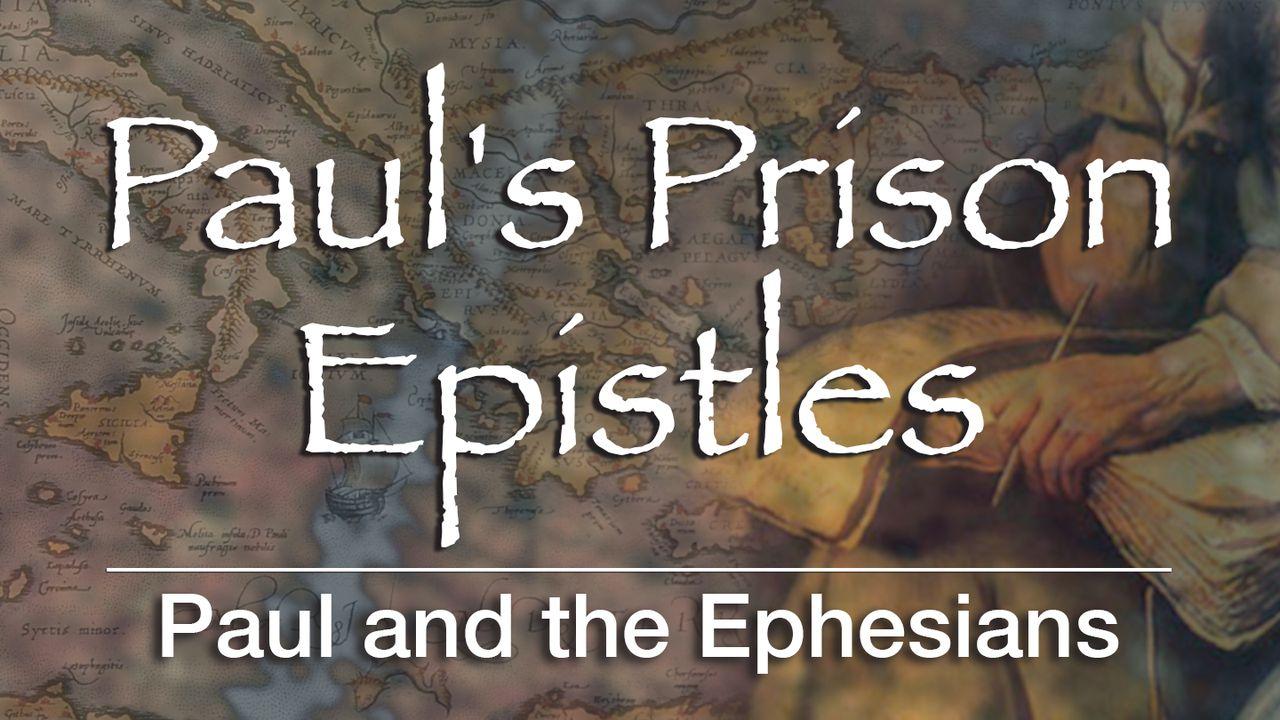Paul's Prison Epistles: Paul and the EphesiansSample

Administration: Ephesians 3:1-21
It should be obvious that every kingdom needs some sort of administrative structure. Kingdoms can’t function well if they have only a king and a citizenry. Other government offices must exist through which the king administers his kingdom. In typical human governments, these include various levels and types of leadership such as those who make the laws, those who execute the laws, and those who judge violations of the laws. And the same is true in God’s kingdom of light, especially as it is manifested in the church. The Bible teaches that the church is to be ruled by elders and that these elders are accountable to one another and to God.
In Paul’s day false teachers were challenging the authority structure of the church. In fact, just before his arrest in Jerusalem, Paul had warned the Ephesian elders that false teachers would arise from their own ranks. In Acts 20:28-30 Luke recorded these words that Paul spoke to the Ephesian elders:
Keep watch over yourselves and all the flock of which the Holy Spirit has made you overseers… I know that after I leave, savage wolves will come in among you and will not spare the flock. Even from your own number men will arise and distort the truth in order to draw away disciples after them (Acts 20:28-30).
Paul knew that false teachers would arise and that they would trouble the church. So, he instructed the elders to guard against these false teachers.
But what gave Paul the right to assign this task to the elders and to condemn the false teachers? Well, in Paul’s day, there was another church office through which God administered his kingdom, one that existed as a foundational office but that no longer exists today. And this was the office of apostle. It was held by those who were picked and trained by God himself and who had met the resurrected Lord Jesus Christ — men such as Paul. The apostles were vested with God’s authority and ruled infallibly over the entire church, including over the elders.
In Ephesians 3:2-7 Paul described his apostolic authority in relation to the administration of God’s kingdom. Consider his words there:
Surely you have heard about the administration of God's grace that was given to me for you, that is, the mystery made known to me by revelation … which was not made known to men in other generations as it has now been revealed by the Spirit to God's holy apostles and prophets… I became a servant of this gospel by the gift of God's grace given me through the working of his power (Ephesians 3:2-7).
The apostles possessed special grace from God that empowered them in their ministry, and special revelation from God that taught them infallible truth. And they received an assignment from God to teach this revelation to the church. So, as an apostle it was Paul’s obligation and right to explain the rules of God’s kingdom to its citizens and to condemn those who stood against him.
Scripture
About this Plan

This plan examines how Paul designed Ephesians to teach Christians how to build, maintain and thrive in God's kingdom.
More
We would like to thank Third Millennium Ministries for providing this plan. For more information, please visit:
http://thirdmill.org
Related Plans

God Gives Good Gifts to Everyone

Acts Reading Plan

Dog Dad Devotions on Leadership, Loyalty and Love

Pawprints & Prayers: Devotions for Dog Lovers

The Journey of Yes

See God’s Peace: 3 Days of Visio Divina

The Last Half Hour: When Waiting Becomes Glory

When God Says No!

Living With a Strong-Willed Child
